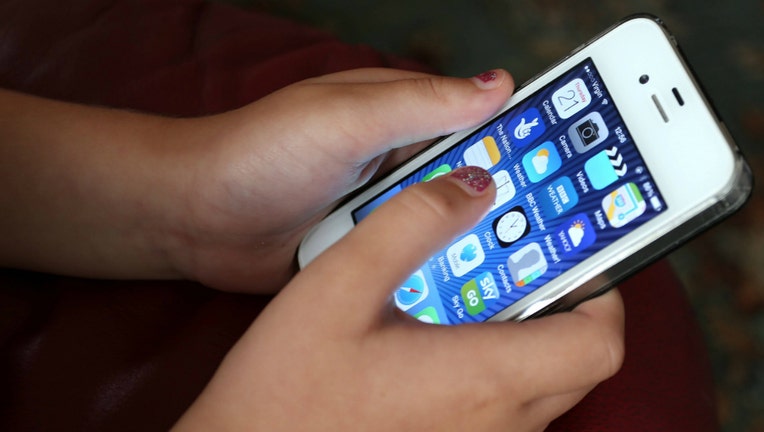Apple will pay $113 million over investigation into slowing iPhones

(Photo by Peter Byrne/PA Images via Getty Images)
Apple has agreed to a $113 million settlement with more than 30 states that accused the iPhone maker of concealing issues with batteries by throttling phone performance with a software update in 2016.
Attorneys general from Arizona and Indiana, which led the investigation along with the attorney general of Arkansas, said in statements Wednesday announcing the proposed deal that it also requires Apple to provide truthful information to users on its website and elsewhere about iPhone battery health, performance and power management.
“Big Tech companies must stop manipulating consumers and tell them the whole truth about their practices and products,” Arizona Attorney General Mark Brnovich said in a statement. The investigation was backed by Republican and Democratic officials from 33 states plus the District of Columbia.
An Apple spokeswoman didn’t immediately respond to a request for comment. In a court document outlining the settlement, the company denied wrongdoing and said the agreement doesn’t represent any concession that it violated laws or regulations.
The settlement came on the same day Apple announced a partial concession in its fight over fees it charges app developers to sell their offerings on its App Store, amid broader regulatory scrutiny of the power it wields over other companies in its digital ecosystem. Apple said Wednesday it will halve the 30% fee it charges for sales through the App Store on developers who take in up to $1 million in revenue on the platform.
The European Union, the Justice Department and the Federal Trade Commission are investigating Apple and other tech companies on antitrust grounds. And a House subcommittee investigating Big Tech last month accused Apple of wielding anticompetitive power that harms rivals and benefits itself.
Outside of antitrust issues, the battery issue has been the source of one of the biggest legal challenges involving the iPhone since its 2007 debut. Users and analysts in late 2017 started reporting that older models of the smartphone were showing markedly slower performance, prompting Apple to acknowledge that December that it had tweaked its software to curtail the computing power of some models to prevent unexpected shutdowns caused by aging batteries.
The company slashed the price for iPhone battery replacements for the following year. It also issued a rare apology to customers for how it handled the issue, and denied speculation that the performance throttling was an effort to pressure customers to upgrade their devices.
The episode prompted a storm of court action by customers.
Apple early this year agreed to pay as much as $500 million to settle a class-action lawsuit centered on the battery-throttling complaints. Under that agreement, which awaits final approval from the court, Apple would pay owners $25 for every affected iPhone, with a minimum total of $310 million. Apple denied any wrongdoing in that case and agreed to a settlement to avoid burdensome and costly litigation, according to court records.

